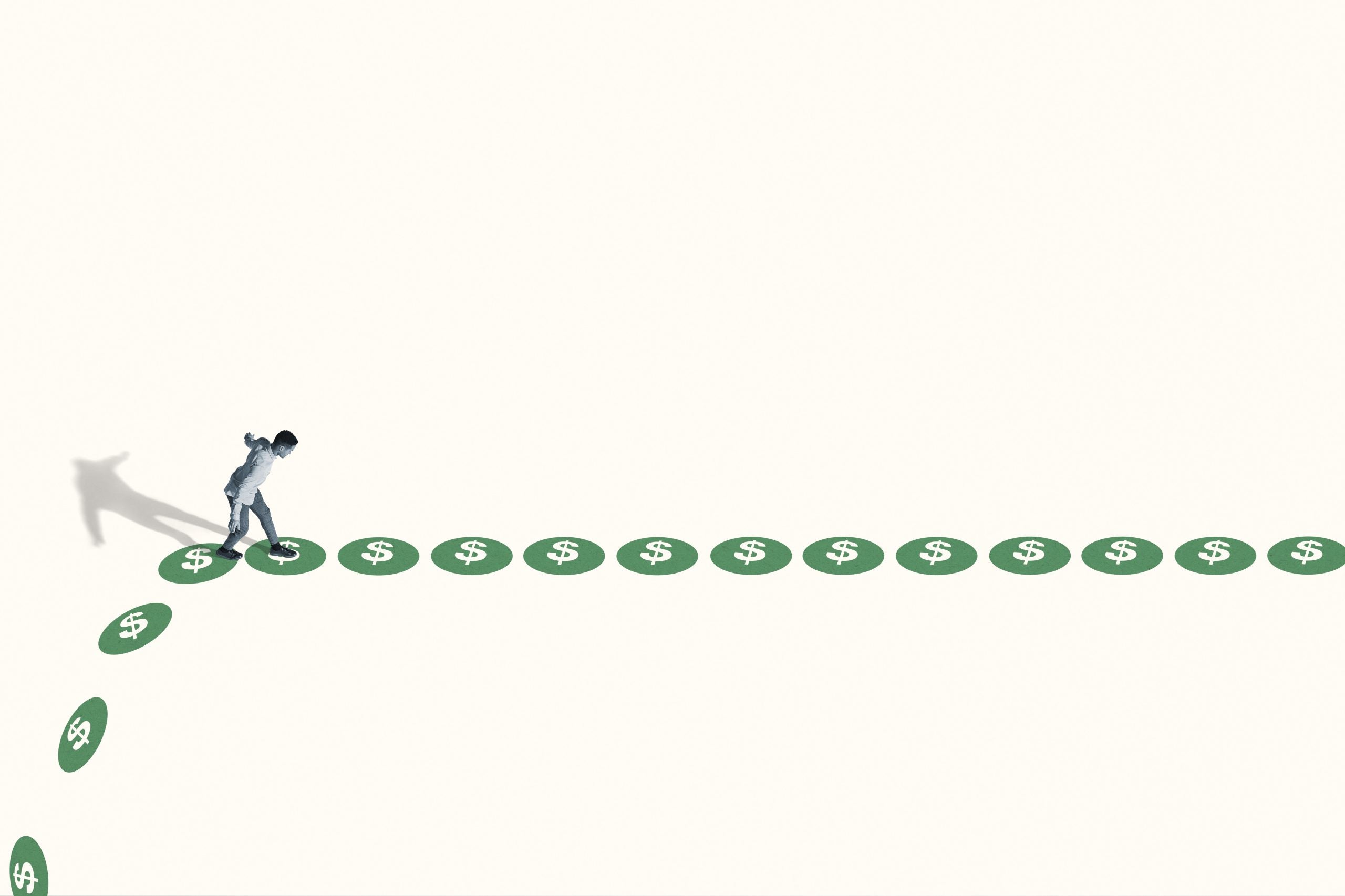
It typically takes about 14 days to form a new habit, and we all know these small behaviors are what shape our lives. That’s why it’s particularly disconcerting that after about 13 days, on average people tend to give up on their New Year’s resolutions.
To call attention to the phenomena, National Quitting Day (January 13) implores resolution-makers to take a closer look at their goals and assess how they can continue carrying them out through the year. Unsurprisingly, at the top of most of priority lists is tackling debt and boosting overall financial health. In fact, according to recent data from The Ascent given to the Motley Fool, 66% of Americans have planned to make a financial New Year’s resolution for 2023, with 81% sharing they have concerns about inflation making it harder to meet their goals.
So clearly, sticking to resolutions can be easier said than done.
“Too often, it’s not so much about “failed financial goals,” as it is about a failure to set clear and measurable goals,” Joseph Montanaro, told ESSENCE. He serves as the USAA Military Affairs Relationship Director and member of the USAA Military Advocacy Group. He continued, “by their very nature, good financial goals should provide both the motivation to do what’s required and a glidepath against which to measure progress.”
How can people get back on track?
Montanaro says it can be good to start from ground zero, contrary to popular belief.
“A lot of people might benefit from a fresh start,” he said. “That could mean assessing where you’re at, what’s important and establishing new goals or, in some cases, going back and validating existing goals. In either case, mapping out some short-term wins on the path to reaching your goal can help get you back on track. There’s wisdom in the old saying, “the best way to eat the elephant is one bite at a time.” Don’t be overwhelmed.”
How effective can setting financial-based New Year’s resolutions be for consumers?
The concept of declaring New Year’s resolutions is a controversial one, with some saying it’s a setup for a setback since people tend to put undue pressure on themselves at the start of the year. Montanaro, on the otherhand, thinks the practice can be a launching pad for good habits.
“At the heart of it, a good New Year’s resolution is simply a goal. Granted, a lot of resolutions resemble dreams rather than goals, but if the resolution takes the form of a typical financial goal – think the old SMART goal approach – it can be the first step on the road to whatever you’re trying to achieve. For couples, this type of resolution should be a joint endeavor…you want all parties rowing in the same direction.”